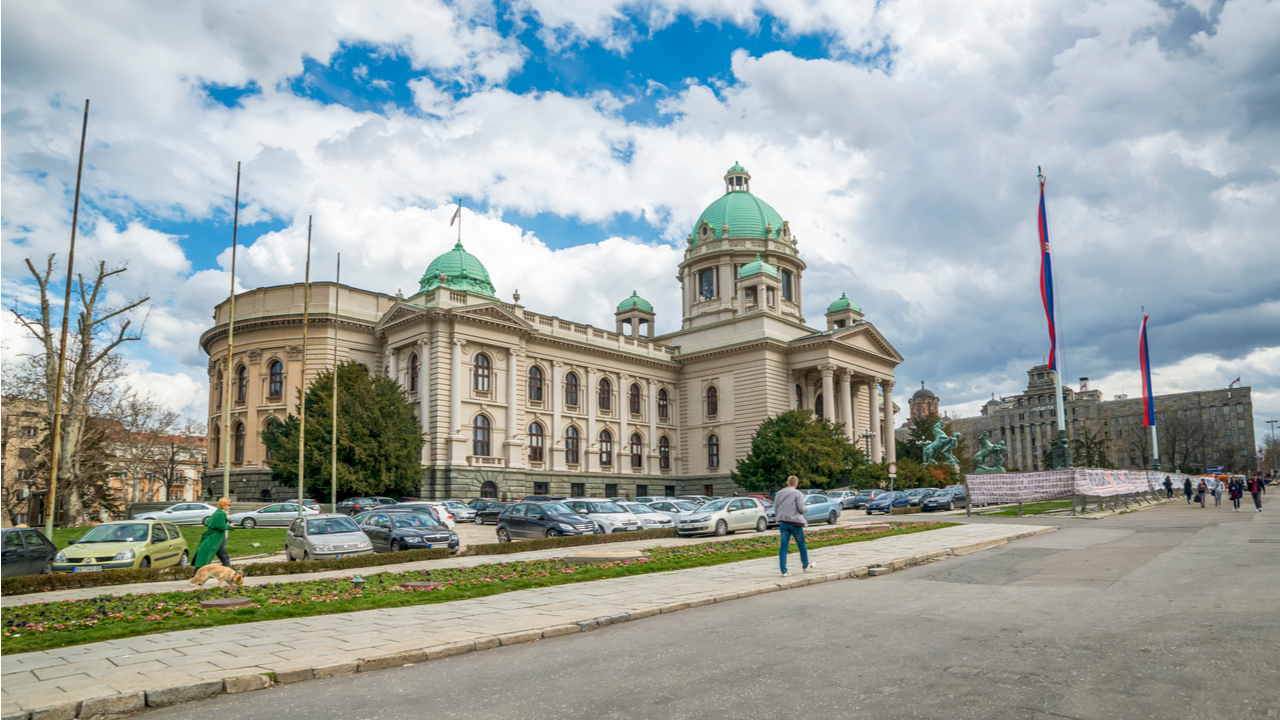
In an interview with Cointelegraph, the hereditary prince nuanced his views on Bitcoin adoption in the middle east and shed light on Bitcoin in Serbia.
Prince Filip Karađorđević, known as Philip Karageorgevitch in English, placated rumors that an Arab country would “soon” adopt Bitcoin (BTC) as legal tender. In an interview Philip delivered from Serbia, the prince explained that Bitcoin adoption is an inevitability for all countries.
As a result of the thesis he first shared on a Bitcoin Reserves podcast, some news outlets jumped at the comments. Headlines that an Arab country would soon adopt Bitcoin quickly disseminated. However, as a Bitcoin advocate, Philip expounded that Bitcoin adoption is, in fact, inevitable for all countries and not just Arab states:
“It's definitely going to happen. But I don't know which country or who is going to do it where or anything like that, but it's bound to happen. Every country will eventually adopt Bitcoin.”
The Prince shared that Bitcoin is an excellent fit for Muslim countries because “it makes perfect Sharia money.” Islamic law, known as Sharia, is based on Quran teachings and dictates whether something is permissible (halal) or illegal (haram). In the case of money, Philp would argue that Bitcoin is, in fact, halal and a perfect form of Islamic finance:
“It's only a matter of time before a Muslim country that follows Sharia law would have to adopt it. Some people grab that and make it as a selling item, saying that of course, if a prince knows it, that some Arab or Muslim country is going to adopt Bitcoin soon, then it's going to happen.”
Prince Philip is technically the prince of Serbia and Yugoslavia because when the monarchy was abolished, Serbia as a country had not been created. “But today, obviously, Yugoslavia doesn't exist. And since we are Serbian origin, then it's of Serbia,” Philip clarified. Nowadays, Serbia is a parliamentary republic, although some Serbs support the creation of a parliamentary monarchy, similar to the United Kingdom.
Philip burst onto the Bitcoin scene in March this year when he appeared on a chat show. He explained the difference between Bitcoin and crypto, adding that “Bitcoin is freedom, and this is something that I want for everyone.”
Philip told Cointelegraph that the three-minute video changed his life. He was a guest at the Bitcoin Miami 2022 conference and even played a role in the President of Madeira’s journey into Bitcoin.
Regarding Bitcoin adoption in Serbia, sadly, the prince cannot wave a royal wand and create a Serbian-style El Salvador in Europe. Nonetheless, there are certain benefits to Serbia adopting Bitcoin, the Prince notes:
“There's a lot of Serbs around the world. It's a huge diaspora. I think the biggest concentration or the biggest diaspora is in Canada, then Chicago.”
The remittance use case for the approximately 500,000 Serbs living outside of Serbia who regularly send money to their home country is convincing. Given that Bitcoin transcends borders, offering people a way to instantly send value across the world without a middleman, it could bolster Serbia’s economy. For El Salvador, in the first year of adopting Bitcoin, remittances into the country exceeded $50 million.
Related: Mercado Bitcoin plans to expand to Mexico
Furthermore, Serbia neighbors The Free Republic of Liberland. A micronation nestled upon a thin stretch of land on the Danube river, Liberland adopted Bitcoin as currency over seven years ago. There is evidence of grassroots Bitcoin advocacy in the Balkans.
Plus, one of the world’s most decorated tennis players, Novak Djokovic is a Serb. He’s also a freedom-lover and has staunch anti-state views. In the Prince’s eyes, he’s an “obvious orange pill that needs to happen, 100%.”




